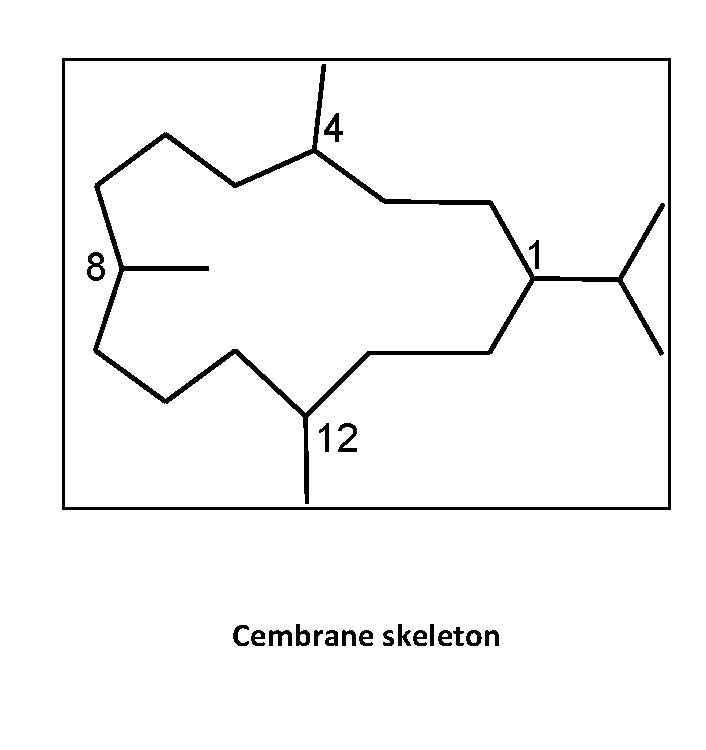Work reviews the new isolated isolated cembranoid diterpene derivatives from species belonging to the family Alcyoniidae, which comprises the genera Sarcophyton, Sinularia, and Lobophytum as well as their biological properties, during 2016–2017. The compilation permitted to conclude that much more new cembranoid diterpenes were found in the soft corals of the genus Sarcophyton sp. (33 new compounds) than in those belonging to the genera Lobophytum (17) or Sinularia (8). Several methods have been used for identifying these new compounds, after extraction with organic solvents and fractionation. The fractions obtained, in some cases, were followed by TLC, and again subjected to chromatographic procedures, including semi-preparative HPLC. Beyond the chemical composition, the biological properties were also evaluated, namely anti-microbial against several Gram-positive and Gram-negative bacteria and fungi, anti-inflammatory and anti-tumoral against several types of cancer cells. Although the biological activities detected in almost all samples, they were not outstanding ones.

